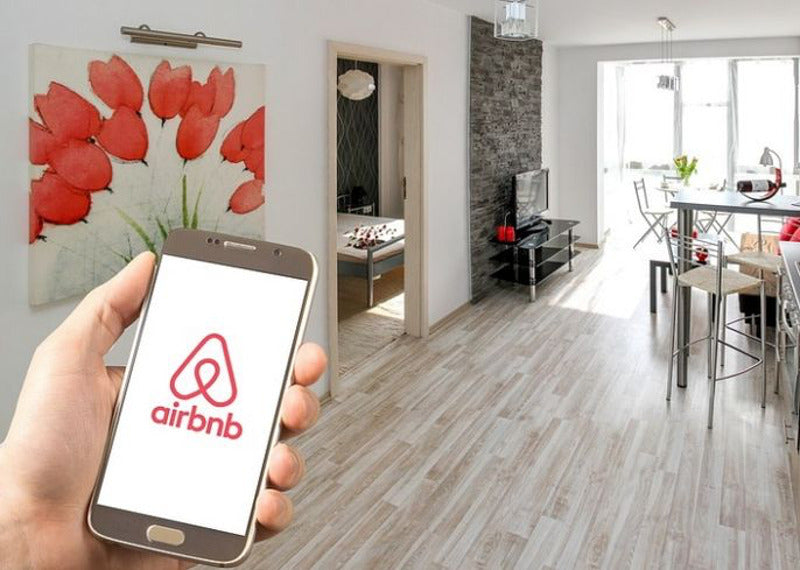The days of graduating from college and starting your first “real job” to work your way up and remain for 30+ years well into your 60’s and then hopefully having another 20 years to “enjoy” the fruits of your savings with a timeshare in Florida are long gone. Thanks to the brilliance of my generation, millennials are finding innovative methods to substitute the money that jobs are no longer paying for our time and hard work through multiple streams of revenue, aggressive savings, smarter investments and opting out of investments that are dictated by salaries (i.e. buying a home). Basically, we are working smarter and not harder. Why? Because we grew up in an era where we saw our parents struggle and lose everything during the recession and then we were left without the promise of job security and liveable wages. Our American dream doesn’t consist of a four bedroom home with 3 children, a dog and a white picket fence. No, instead we yearn of memorable experiences such as traveling, exocitic excursions, freelance work that allows for flexibility and the like. Thus, the idea of FIRE was born.
FIRE, or “financial independence, retire early”, is a new movement that millennials of all ages are adopting. Inspired in part by the personal finance bible, "Your Money or Your Life" by Vicki Robin and Joe Dominguez, a wave of folk began to pinch pennies in their twenties and thirties in order to build up savings to retire earlier and thoroughly enjoy life’s pleasures while they’re still physically fit and healthy enough to do so.
There are many ways to contribute to being able to achieve FIRE; here’s a few ways to get started:
Renting versus owning a home

Many feel that renting over a long period of time will equate to more than you’ll pay to own your own home. That’s not necessarily true, and common sense will explain how. When you rent, yes your rent can increase due to cost of living increases in your city/town year after year JUST as your property taxes would. The difference between renting and owning, however, is that YOU are responsible for any and all things that come with your home and then some. So even if your mortgage is $1,000 monthly, that’s not covering your property taxes, homeowners insurance, all utilities, repairs and other monthly expenses. Whereas, if you rent, you pay a monthly rental fee for your home and selected utilities and repairs are covered by the landlord. Adding in life’s unexpected stressors, such as financial hardship as a result of losing a job, and you find yourself stuck with a mortgage versus being able to move without penalty or shack up with a friend or family member until you’re able to get yourself together again. Neither are bad options, it just depends on what your end goal is.
Used car versus car note

Yes, that 2019 Jeep is gorgeous, but is it necessary? The amount of money people pay for car notes because they opt for new cars is astounding. One of my friend’s car payments is over $500 a month, and that’s not even counting insurance, gas and repairs when needed. What people fail to understand is that unlike homes that can be remodeled, cars destroy wealth creation since they are a depreciating asset and lose their value over time. Plus, they require a lot of upkeep. Instead of buying or leasing a new car, save up a few thousand dollars to purchase a used car. That way, the only other expenses you’d be left with would be insurance and weekly gas refills. You can buy a nice 3-4 year old car for $5,000. If you desire something shiny and new, the car wash isn’t far!
Get a second job

And no, this part-time job isn’t for you to go shopping or for quarterly vacations. The money you make from your second job should be deposited into your savings account. Aside from the fact that more savings than a little is always a good idea for emergencies, every time you get additional income is not an excuse to spend it. Overtime, your money will accrue interest if you have the right account (talk to your bank or financial advisor). This doesn’t have to be a long-term thing and can be temporary, from a few months to a few years. The plan isn’t to overwork yourself but instead set up another source of revenue for you.
Travel on a Budget

You don’t have to stay in a 5-star resort every time you travel. The beauty of college is that you meet people from all over the world. Call up your friends in the areas you are traveling to and stay with them instead of a hotel, which costs extra because of taxes and incidentals. Find an airbnb in your vacation spot that doesn’t have a cleaning fee attached to the $35/night stay. Airbnb’s are also great because they normally have kitchens, which allows you to save money on dining out and allows you to spend money on other excursions. Travel in groups so that accommodations are kept to a minimum. Lastly, no need to rent a car - take in the town like a local and catch their public transportation. Google maps will be a good friend!
Shop for necessities, not wants!

Shopping should not be a hobby. Get away from impulse buys, both in store and online. If you have to ask yourself, “when will I use or wear this,” then chances are you don’t need it. Don’t buy things just because they are a good deal and please don’t shop when you are emotional. Having a bad day is not an excuse for binge-shopping. You can borrow books from the public library for less than it costs to own them or download books onto your ereader for half the cost if you want the book for a lifetime. Search thrift stores or research online deals before you buy something new. Don’t buy new clothes for a single-use occasion like a wedding; instead, try to borrow what you need or purchase clothing that’s versatile. We live in a competitive commerce world now, so there’s always another option!
Which of these tips will you try to get closer to your FIRE goals?








